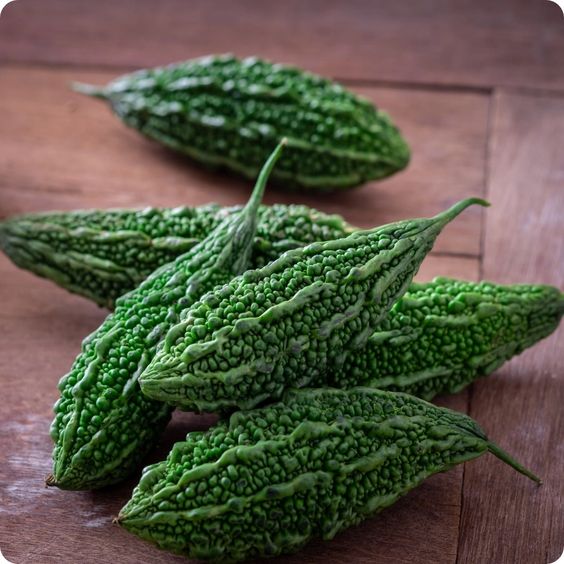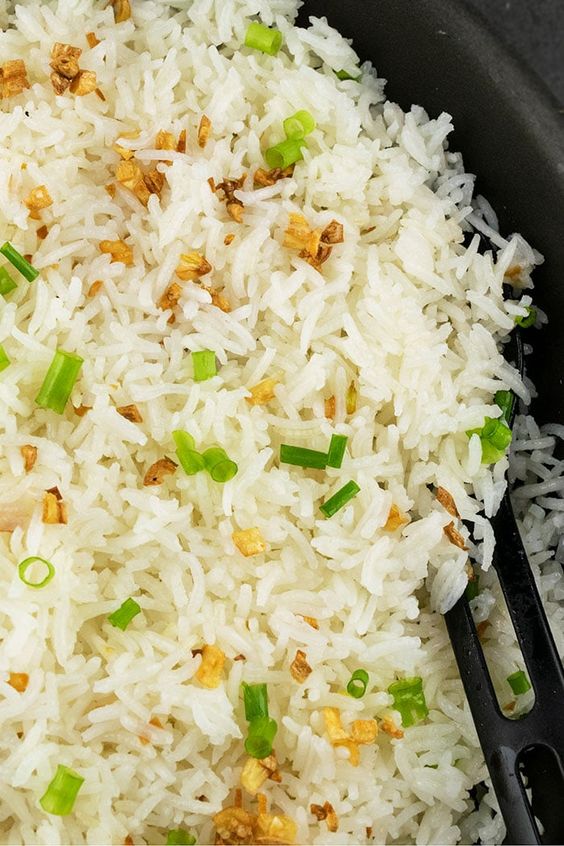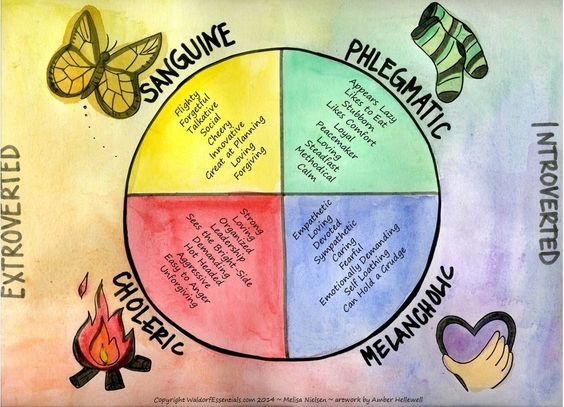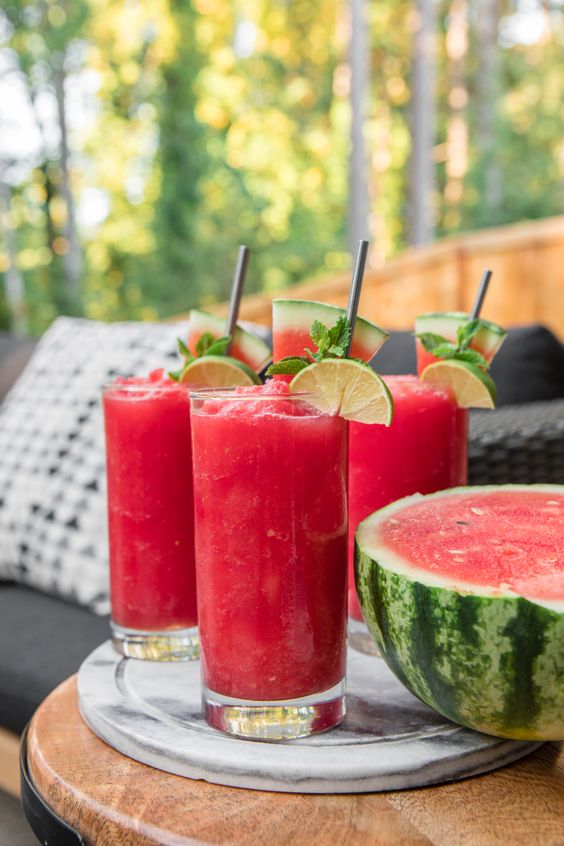Longevity And Natural Food
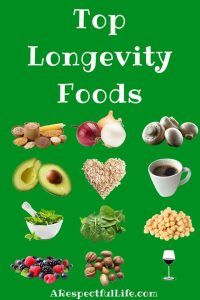 Every human being has a natural desire for longevity. This natural desire can only be fulfilled by natural food. Scientific progress has been overwhelming in nutritional matters before, but now this science is urging man to return to nature to maintain health and longevity. While we have gained a lot of facilities due to the development of science, we have fallen victim to degradation in terms of food.
Every human being has a natural desire for longevity. This natural desire can only be fulfilled by natural food. Scientific progress has been overwhelming in nutritional matters before, but now this science is urging man to return to nature to maintain health and longevity. While we have gained a lot of facilities due to the development of science, we have fallen victim to degradation in terms of food.
We do not find a single example that proves that scientific progress has improved our diet and significantly improved our health. There are many examples of damage to our food and health from this development. Such as processed food, packed food, sweets, and many drinks; unnatural cooking methods; different fertilizers; and poisonous agricultural spray. In the matter of human food, scientific progress has played the role of the enemy of the house. Happily, science is now trying to remedy this injustice.
about which the same science is now telling us that these are harmful to health. Just two examples are enough of the scientific progress in the matter of food, which is causing great damage to our health and causing many ailments. From the natural food jaggery, our science brought us to sugar and the journey from natural ghee to synthetic ghee. With scientific progress, we have made these two foods that are now included in every other diet, due to which the pursuit of ideal health and longevity has now become a dream. Because these two scientific foods are sweet poison, not only does our health remain bad, but overall average life is also decreasing.
Research Reports Of Independent, BBC For Longevity
 Friends, today I present to you the summary of the research report about LONGEVITY in the Urdu version of the Independent newspaper, which was published in November 2023 of the same year, and the research report of the BBC last year.
Friends, today I present to you the summary of the research report about LONGEVITY in the Urdu version of the Independent newspaper, which was published in November 2023 of the same year, and the research report of the BBC last year.
According to research by the Independent newspaper, we can add ten years to our lives. Research claims the longest life expectancy benefit was achieved by people who changed their diet to eat more whole grains, nuts, and fruits and less sugary drinks and processed meats, the researchers said.
It said that a new study has revealed that switching to and sticking to a healthy diet can add nearly ten years to middle-aged people’s lives.
The study, published in the scientific journal ‘Nature Food’, examined the health data of nearly 500,000 British citizens whose eating habits were recorded by the UK Biobank.
Researchers divided 467,354 participants into groups based on their eating habits and observed how these changed over time. Participants were divided into groups of average or unhealthy eaters: those who ate according to the UK’s Eat Well Guide and those who were eating what the researchers called a ‘longevity diet’.
The current life expectancy in the UK population is around 84 years for women and 80 years for men.
After considering other contributing factors such as smoking, alcohol, and physical activity, the study found that 40-year-old men and women who switched from unhealthy diets to healthy eating habits and continued to eat healthier had a longer life expectancy. I grew by about nine to 10 years.
Scientists from the University of Bergen in Norway and others wrote in the study: ‘Here, using peer data from the UK Biobank, we demonstrate that unhealthy dietary patterns are associated with ‘Eatwell For 40-year-old men who followed the guidelines’ dietary recommendations, life expectancy increased by 8.9 years for men and 8.6 years for women.
They added: ‘In the same population, a permanent shift from an unhealthy diet to a longevity diet increased life expectancy by 10.8 and 10.4 years for men and women, respectively.’
The longest life expectancy benefit was achieved by people who changed their diet to eat more whole grains, nuts, and fruits and less sugary drinks and processed meats, the researchers said. Those who initially ate an average diet and later adopted healthier eating habits were found to have a shorter life expectancy.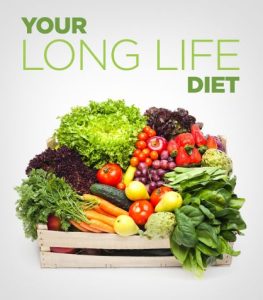
“The greater the changes made toward a healthier dietary pattern, the greater the benefits in terms of life expectancy,” the researchers explained. The scientists say that when dietary changes were introduced at an older age, the increase in life expectancy was smaller but still substantial.
For example, even 70-year-olds can extend their lives by four or five years if they make consistent dietary changes, he said.
The latest findings could help the government take measures that could improve people’s health in the UK, such as introducing a health-based food tax, improving food environments in schools and workplaces, and pricing healthy food. Subsidy to reduce
The researchers added, ‘This paper provides up-to-date estimates of the potential benefits of increased life expectancy so that policy measures can guide the use of resources to promote healthy eating patterns in the population. can be improved.’
BBC, Longevity And Natural foods
 According to BBC research published in November 2021, the relationship between longevity and natural food in Japan was described as follows:
According to BBC research published in November 2021, the relationship between longevity and natural food in Japan was described as follows:
Japan is the country with the highest number of people aged 100 years or more in the world. In Japan, 48 out of every 100,000 citizens live to be 100 years old or older. No other country in the world is even close to Japan regarding the elderly population.
Such a large number of elderly people has drawn the attention of those living in other parts of the world to the point that what do the Japanese have that they do not have, or what is the Japanese eating that allows them to live so long?
It’s like having a Mediterranean diet. Its popularity outside the Mediterranean can be traced to the research of American nutritionist Ansel Keys in the 1970s. He saw people in Italy who were 100 years old and over 100 years old. Their diet was low in animal fat. Walter Willett, a nutrition researcher in the 1990s, wrote about Japan as having an unusually long-lived population.
Along with this, he also said that people die less from heart disease in Japan.
Since then, several research papers have asked whether the longevity of the Japanese is linked to food. And if so, what foods and drinks can be added to our shopping lists with the desire to live like this?
Japanese food is quite a broad concept. This was pointed out by researcher Xu Zhang, who is affiliated with the National Center for Gerontology in Japan.
Natural Foods Of Japan
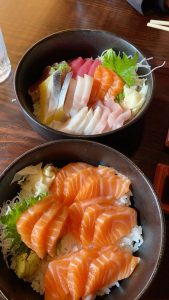 Thirty-nine studies investigating the relationship between diet and health in Japan were reviewed. It was found that many papers emphasized some similar aspects. Seafood, vegetables, soybeans, and products made from them It was found that many papers emphasized some similar aspects. Seafood, vegetables, greens, soybeans, and products made from them such as soy sauce, rice miso soup, etc.
Thirty-nine studies investigating the relationship between diet and health in Japan were reviewed. It was found that many papers emphasized some similar aspects. Seafood, vegetables, soybeans, and products made from them It was found that many papers emphasized some similar aspects. Seafood, vegetables, greens, soybeans, and products made from them such as soy sauce, rice miso soup, etc.
Zhang says that although it is not related to diseases such as cancer, consumption of such a diet is associated with fewer deaths from heart disease. Interestingly, it also appears to be related to the overall mortality rate.
Tohoku University’s associate professor of food and molecular bioscience, Tohoku University’s Tohoku University’s Tohoku University’s associate professor of food and molecular bioscience, Tohoku University, has studied which version of the Japanese diet may help with longevity.
Initially, he and his colleagues used national survey data in the 1990s.
They looked at foods that represented the Japanese diet and the American diet of the same period. In this, they fed frozen and dry food to mice for three weeks, whose health was carefully evaluated by the researchers.
Surprisingly, mice fed the Japanese diet had less belly fat and less blood fat, even though both diets contained the same amount of fat, protein, and carbohydrates. It shows that the sources of their nutrients are fish compared to meat and wheat compared to rice.
Delving deeper into the study, the researchers created a half-century of Japanese diet variations because what Japanese people eat has changed significantly over time. Especially in big cities, the influence of the Western diet is greater.
During the years 1960, 1975, 1990, and 2005, experts set up food plans based on national diets and then fed them to rats.
Many cooking, food freezing, and drying machines were placed under the supervision of rats, and this time the experiments continued for eight months.
Mice fed the same diet as in 1975 had a lower risk of diabetes and fatty liver disease than others, and when the scientists examined them, they showed genes that did not contain fatty acids. was forming while in others it was dynamic.
The diet was particularly rich in seafood, fruits, traditional fermented fish, and generally a variety of foods. Later experiments found that the 1975 diet led to longer lifespans, better memory, and fewer physical defects in mice.
(In fact, epidemiologist Shu Zhang and his colleagues recently published findings that the Japanese diet is linked to healthier and more active lives in old age.)
The Sudoku group and their colleagues found that the diet had positive effects on human health. Instead of frying ingredients in Japanese cuisine, they are either steamed or boiledSubjects consuming the modern Japanese diet or the diet eaten in 1975 underwent a 28-day trial. It showed that the group eating the 1975 diet lost more weight and had better cholesterol levels. At the end of the trial, other healthy-weight subjects who ate the same diet as they did in 1975 were in better shape than others.
Cooking Methods Of Japan
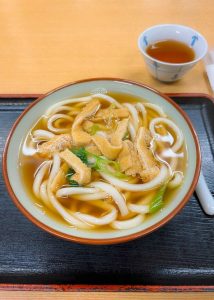 After seeing changes in the microbiome in one of their studies, Sudocki and colleagues hypothesized that people’s microbiomes may be one of the factors contributing to these effects. According to Sunduki, this version of the Japanese diet has positive effects on how food is prepared. The meal consists of several small dishes that provide a variety of flavors.
After seeing changes in the microbiome in one of their studies, Sudocki and colleagues hypothesized that people’s microbiomes may be one of the factors contributing to these effects. According to Sunduki, this version of the Japanese diet has positive effects on how food is prepared. The meal consists of several small dishes that provide a variety of flavors.
Food ingredients are more boiled than fried or prepared in water on low heat without boiling. Also, it is cooked with small amounts of flavored ingredients rather than high amounts of salt or sugar.
In short, the magical benefits of Japanese cuisine aren’t due to seafood or soy sauce, but rather a focus on eating a variety of foods cooked in moderately healthy ways. Along with this, vegetables and pulses are also emphasized. The advice can be used in other senses, but along with this suggestion, modern Japan has its problems. In Japan, the number of diabetes patients has increased in recent years. This is due, in part, to an aging population but also to increasing obesity.
Friends, both of these studies are very meaningful and informative. I find both of them admirable. As far as my own research is concerned, which I have described in many of my blogs, I am summarizing it once again.Every person knows his body and the temperament of his food well. He chooses and eats his food according to the temperament of the body. And does not eat processed, packaged, or man-made food.He cooks and eats natural food in a natural way. With positive feelings for humanity in his mind and heart, it can be said with certainty that such a person will have enviable health and longevity.
Also Read:https://naturalfoodandbody.com/natural-foods-of-our-ancestors/
ا

